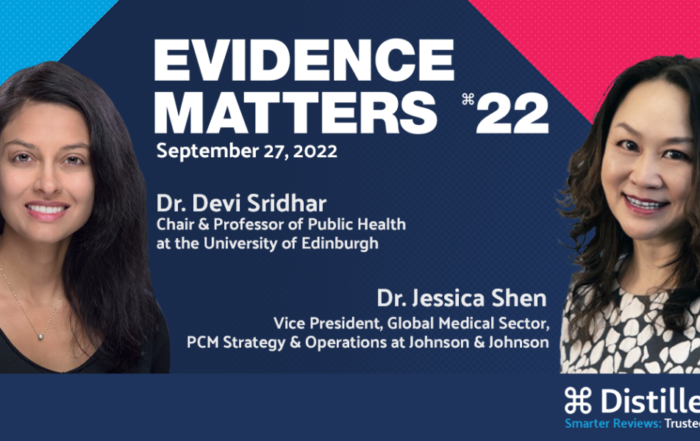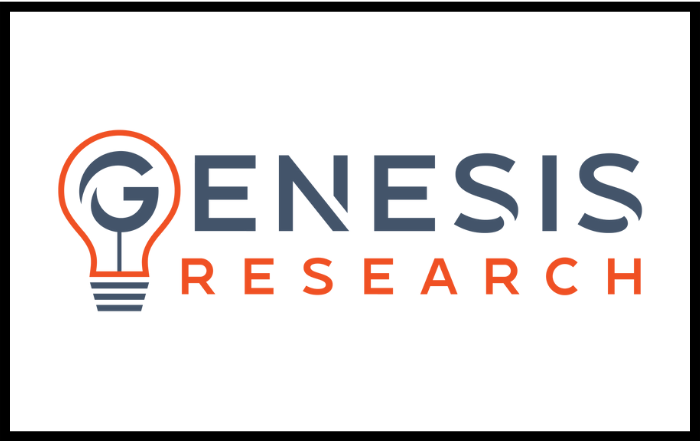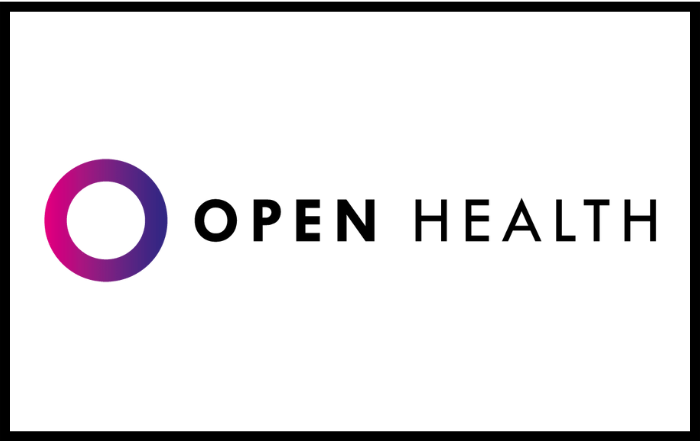Duration: 60 MIN
Standard models in evidence synthesis work well in settings characterized by a large evidence base, the absence of effect modifiers, and connected networks. Handling sparse data, substantial between-study heterogeneity and disconnected studies, however, poses challenges to researchers and requires advanced methodology.
In the absence of head-to-head studies, evidence synthesis is a well-established technique to indirectly compare novel and established interventions in various disease areas. In standard settings, the most established methods for various outcome types work well and result in realistic effect estimates. However, there are a variety of situations when standard methods may no longer be sufficient:
-
- if there is only a sparse network of evidence
- if there is a large amount of between-study heterogeneity
- if the network is disconnected
Key Topics Include:
- General introduction into the objectives of conducting evidence synthesis
- Description of typical situations of “non-standard” data, including sparse networks of evidence, a large amount of between-study heterogeneity, or disconnected networks
- Advanced methods to address non-standard data, including the use of informative priors, subgroup analyses, meta-regression and multi-level meta regression, and matching-adjusted indirect comparisons (MAICs)
- Case studies illustrating how these advanced methods of evidence synthesis are applied on actual data
Presenters:
Katrin Haeussler, MSc, PhD
Senior Health Economist
Global Health Economics, Outcomes Research and Epidemiology
ICON
Matthias Hunger, MSc, Dr. rer. biol. hum
Lead Epidemiologist
Global Health Economics, Outcomes Research and Epidemiology
ICON
Nathan Green, PhD
Senior Research Fellow
Department of Statistical Science
University College London



